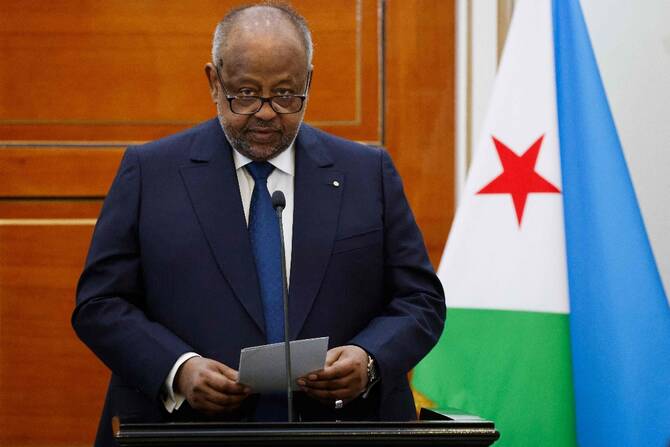Djibouti Parliament Removes Age Limit, Making Way for Guelleh’s Possible Re-run

Djibouti’s legislature voted this week to eliminate the constitutional cap that prevented anyone older than 75 from standing for the presidency, a measure that effectively removes a major legal barrier for long-serving leader Ismaïl Omar Guelleh.
The speaker of the assembly said the decision was carried unanimously by the members present.
The amendment deleted the provision that had barred candidates above 75 from appearing on the ballot.
That restriction had been seen as the last formal constraint on President Guelleh’s ability to seek another mandate; he is 77 and has been in office since 1999.
With the age clause gone, observers say the incumbent could lawfully run in the presidential contest expected by April 2026.
Government officials framed the change as a technical clarification to the constitution rather than a personal move, arguing that the law should not preclude qualified citizens from seeking the highest office purely because of age. Critics — including opposition figures and some international watchers — counter that the amendment consolidates power and undermines efforts to broaden political competition in the tiny Horn of Africa nation, which hosts multiple foreign military bases and occupies a strategic shipping chokepoint.
Parliamentary sources said the assembly could take a final vote later this week to formalize the amendment, after procedural steps are completed. If ratified, the adjustment will remove a constitutional obstacle that has shaped political planning inside the ruling party and among potential challengers.
Analysts note that while term limits were changed previously, the age rule had been treated as a check on indefinite incumbency; its removal reshuffles the timetable for political actors and could influence alliances ahead of next year’s ballot.
International reactions were cautious. Some partner states and diplomatic missions have highlighted the importance of transparent, inclusive elections and stress that any legal revisions should be accompanied by guarantees of fairness and access for all parties.
Domestic commentators warned that removing eligibility constraints without broader electoral reform may deepen public frustration and heighten tensions if the contest is perceived as uneven.
As the legislative change moves through remaining formalities, attention will turn to whether President Guelleh announces his candidacy and how opposition groups and civil society respond.
The coming months are likely to determine whether the legal shift translates into political continuity for the current leadership or sparks intensified calls for democratic renewal.









